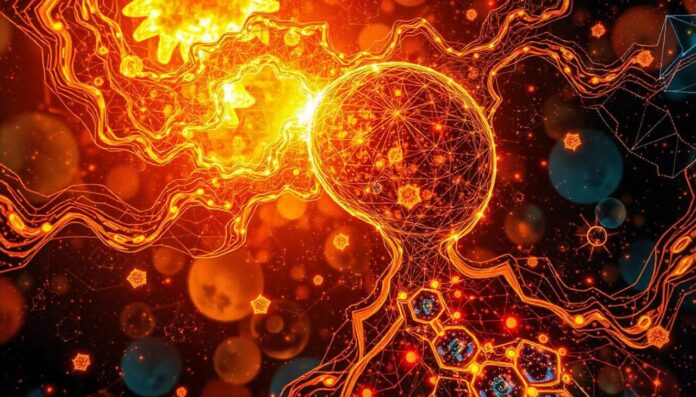
Consciousness. It’s a word we all know, but when you stop and think about it, what does it really mean?
The ability to be aware of ourselves, to think, to feel—these are things we often take for granted. But where did consciousness come from? Did it arise naturally as life evolved, or was it something that existed even before the first living cell emerged?
This question isn’t just for scientists and philosophers; it’s actually for anyone who has ever wondered about their place in the universe.
And for everyone who has ever wondered about the meaning of their thoughts and the meaning of life as a whole.
Some say life and consciousness are two sides of the same coin. You can’t have one without the other.
Others then again think consciousness is something deeper, something that’s been around long before life appeared on Earth.
This isn’t just a theoretical debate. It’s about understanding what it means to be alive and aware.
If consciousness came before life, what does that say about us? What does it say about everything?
How can it be?
In this article, we’ll dive into these questions.
We’ll explore the origins of life, the idea of consciousness as a cosmic phenomenon, and the possibility that life itself is just a vehicle for consciousness. We’ll also look at the timeline of life and consciousness, and how quantum mechanics might play a role in this mysterious relationship.
Finally, we’ll consider the age-old mind-body problem and whether artificial intelligence could one day become conscious.
There’s a lot to unpack here, so let’s get started.
The Origins of Life
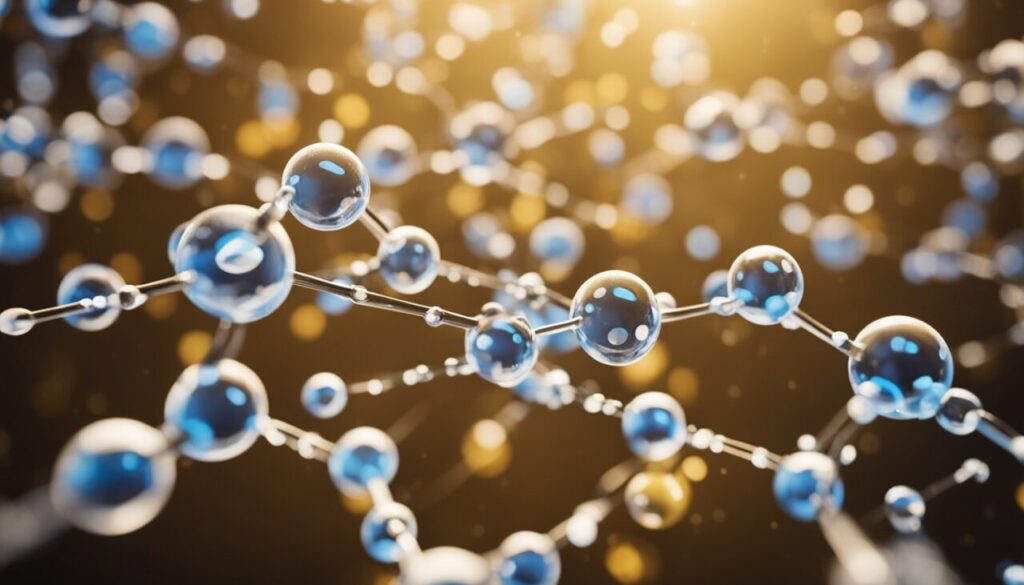
We need to start with the origin even though it sounds cheesy perhaps.
So, we all know that life on Earth began around 3.8 billion years ago. It didn’t start with anything fancy—just some simple molecules floating around in the oceans.
Over time, these molecules combined to form more complex structures, eventually leading to the first cells. These cells were the building blocks of life, and from them, all other life forms evolved.
But what about consciousness in all of that?
Well, for billions of years, life existed completely without it.
Bacteria, plants, and even the earliest animals didn’t think, feel, or have any awareness of their existence.
They just were. Consciousness, as far as we know, came much much later.
Interesting fact: The oldest known fossils are about 3.5 billion years old, but these ancient organisms, had no consciousness.
Consciousness: A Cosmic Phenomenon?
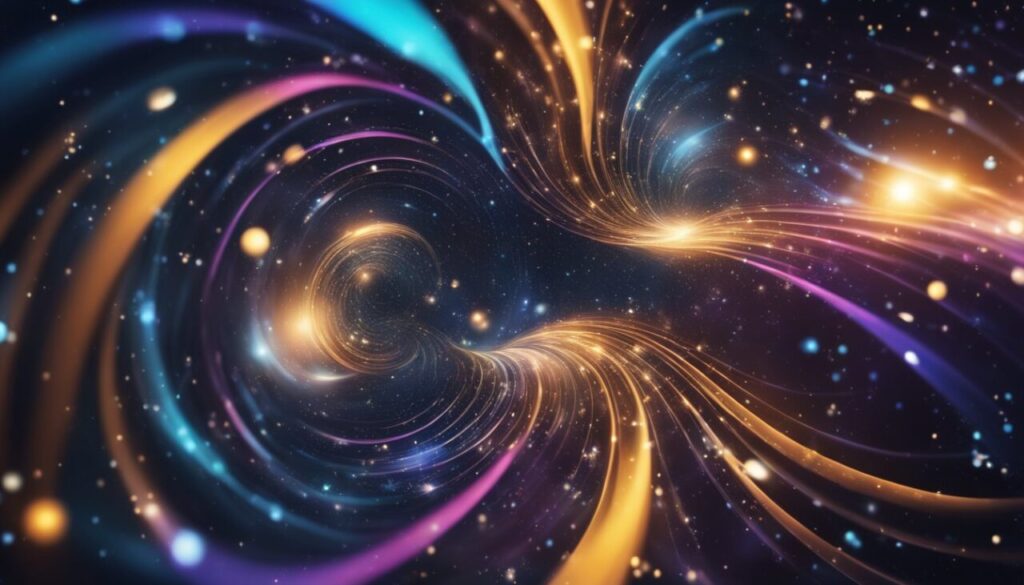
Let’s stretch our imaginations a bit. What if consciousness isn’t just something that happened when life reached a certain level of complexity?
What if it’s something that’s always been around, a basic part of the universe itself? Some smart people believe think this could be the case. They call this idea panpsychism, and it’s a theory that’s been around for a long time.
According to panpsychism, everything in the universe has some level of consciousness, no matter how small. From the tiniest particle to the largest galaxy, consciousness might be everywhere, just waiting for the right conditions to manifest in a more complex form.
If this is true, then consciousness didn’t just pop into existence when the first humans appeared. It’s been around since the beginning of time, woven into the very fabric of the universe.
Interesting fact: Panpsychism isn’t a new idea. Ancient philosophers like Plato and Aristotle also wondered whether everything in the universe might have some form of life, mind, or consciousness.
Life as a Vehicle for Consciousness
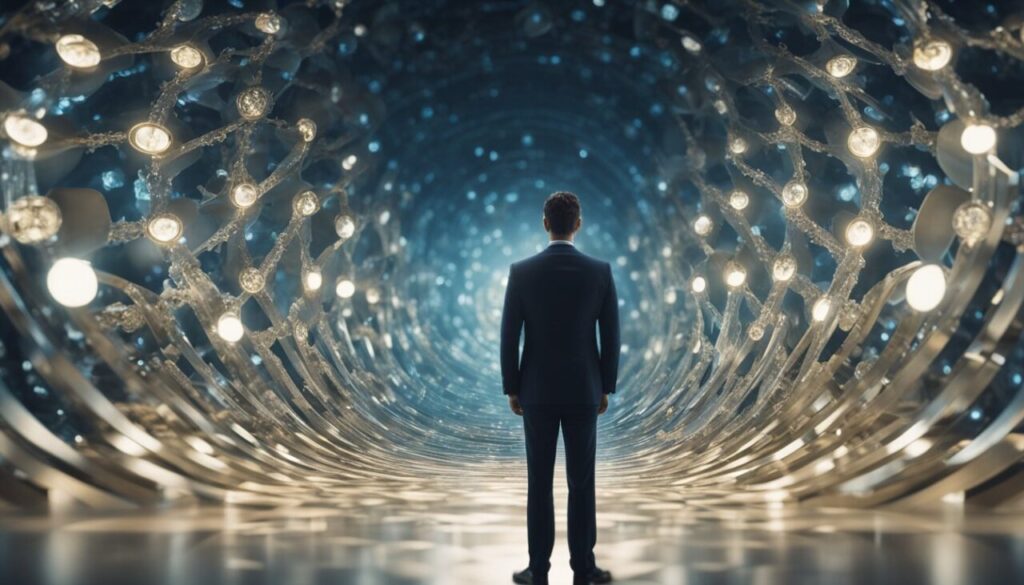
Now, let’s turn the idea around. What if consciousness existed first, and life came later as a way for consciousness to experience the physical world?
Think of it this way: consciousness needed a way to interact with the universe, so it “created” life. In this view, life isn’t the source of consciousness; it’s the tool that consciousness uses to explore and understand itself.
Interesting concept, huh?
This might sound like a wild idea, but it’s one that some people take seriously. If consciousness is fundamental, then life might just be one of the ways it expresses itself.
Over time, as life evolved and became more complex, consciousness found new and better ways to manifest. This could explain why humans, with our highly developed brains, have such rich and complex thoughts.
Okay, so now let’s add more weirdness to this already mysterious complex. We need to, after all, we are the most complex carriers of consciousness. Let’s talk about quantum mechanics.
Interesting fact: The human brain, with its roughly 86 billion neurons, is the most complex object we know of in the universe. This complexity might be necessary for consciousness to fully express itself.
The Role of Quantum Mechanics
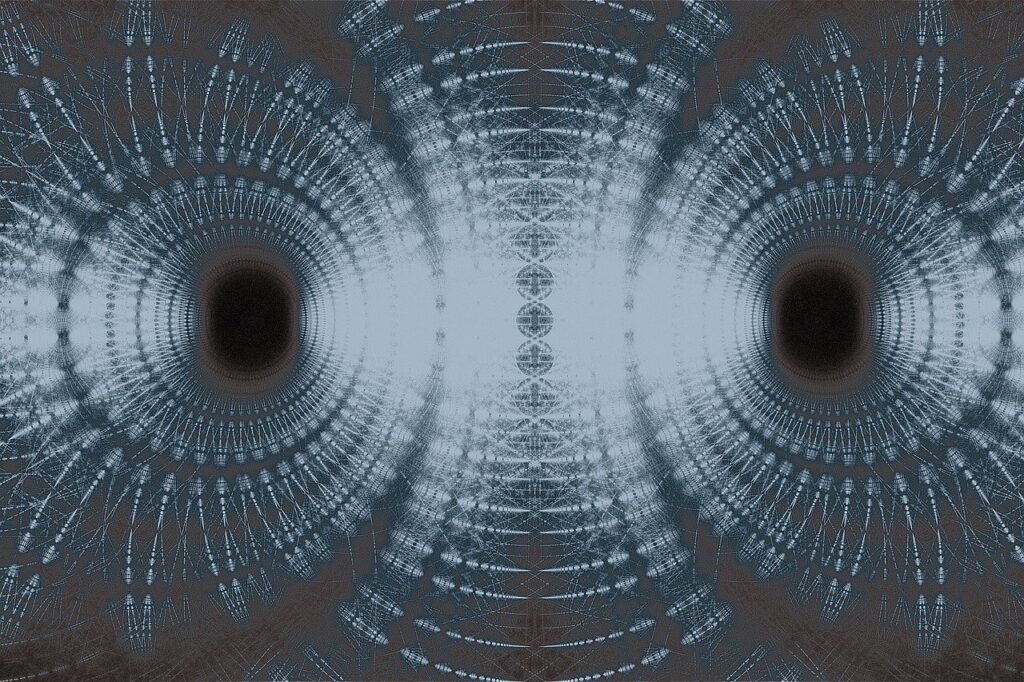
Quantum mechanics adds a whole new level of mystery to the question of consciousness. Some interpretations of quantum theory suggest that consciousness might play a role in shaping reality itself.
The “observer effect” in quantum mechanics shows that simply observing a particle can change its behavior. This has led some to wonder whether consciousness is not just a product of the brain but an integral part of the universe.
If consciousness can influence the physical world at the quantum level, then it might be much more fundamental than we think. It could mean that consciousness and the universe are deeply connected, with each influencing the other.
This would imply that consciousness wasn’t something that came along after life began but was there from the very start, helping to shape the universe as we know it.
Interesting fact: The double-slit experiment, a famous quantum mechanics experiment, shows that particles can behave differently depending on whether or not they are being observed. This has led to much rumor about the role of consciousness in the physical world.
The Mind-Body Problem: A Chicken-and-Egg Dilemma
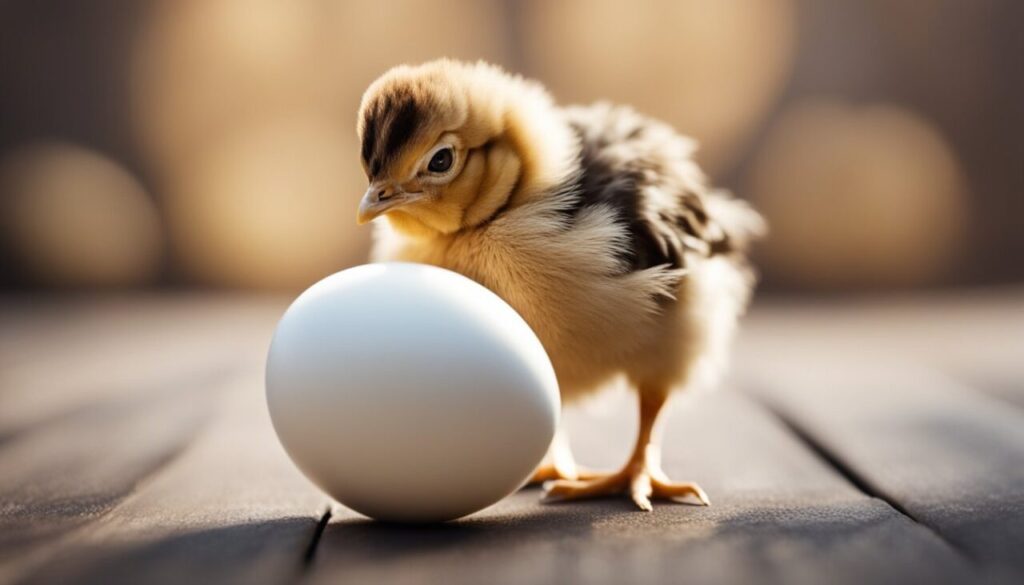
The mind-body problem is an interesting one. Very interesting actually.
It’s the question of how the mind and body are related. If consciousness existed before life, this problem becomes even more complicated.
Was consciousness just floating around, waiting for a body to attach itself to? Or did it only come into being once there was a body for it to inhabit? But how did it penetrate the body? Is consciousness something like the ghost from horror movies that just infiltrate the bodies?
This question is like the classic chicken-and-egg dilemma: Which came first? If consciousness predates life, it suggests that the mind might exist independently of the body. But if life came first, then consciousness is likely a byproduct of biological processes, tied to the body and its functions.
This debate actually has big implications if you think about it deeply enough.
If consciousness can exist without a body, it could change how we think about life, death, and what it means to be conscious.
It might suggest that consciousness is something more than just a biological process— perhaps a force that’s fundamental to the universe itself.
Interesting fact: René Descartes, the philosopher who famously said, “I think, therefore I am,” believed that the mind and body were separate entities. His ideas still influence debates about consciousness today.
Could AI Achieve Consciousness?
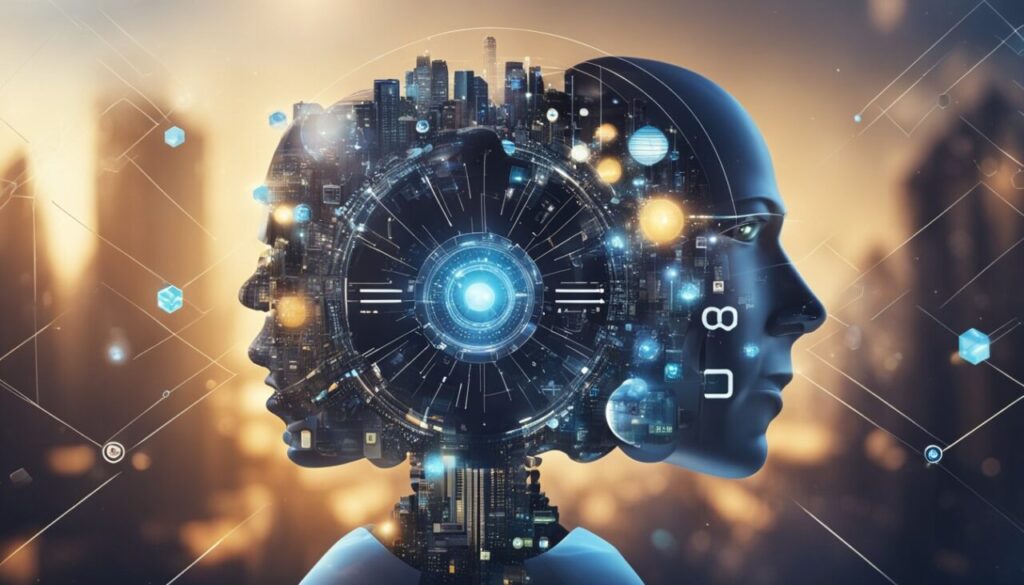
As we explore consciousness, one of the most intriguing questions is whether artificial intelligence could ever become conscious.
Here at CuriousMatrix.com we really like to delve into topics like Artificial Intelligence and Singularity so we need to find out if AI can achieve consciousness because that will give us a better answer to the question from the beginning of the article.
Namely, if consciousness is a fundamental property of the universe, it’s possible that AI could achieve it someday.
But if consciousness is tied to biological life, then AI might never truly be conscious, no matter how advanced it becomes.
Today’s AI systems are incredibly sophisticated. They can perform tasks, analyze data, and even simulate human conversation. But they don’t “know” they’re doing these things.
They process information without any awareness or experience.
Some scientists believe that with enough complexity, AI could one day cross the threshold into consciousness.
If that happens, it would provide new insights into what consciousness really is and how it arises.
And finally, it might completely answer the question of life versus consciousness. Specifically, if AI were to achieve consciousness, it would provide evidence that consciousness is (or was) always present in some form and that biological or artificial beings somehow manage to connect to it.
So Do We Have an Answer?
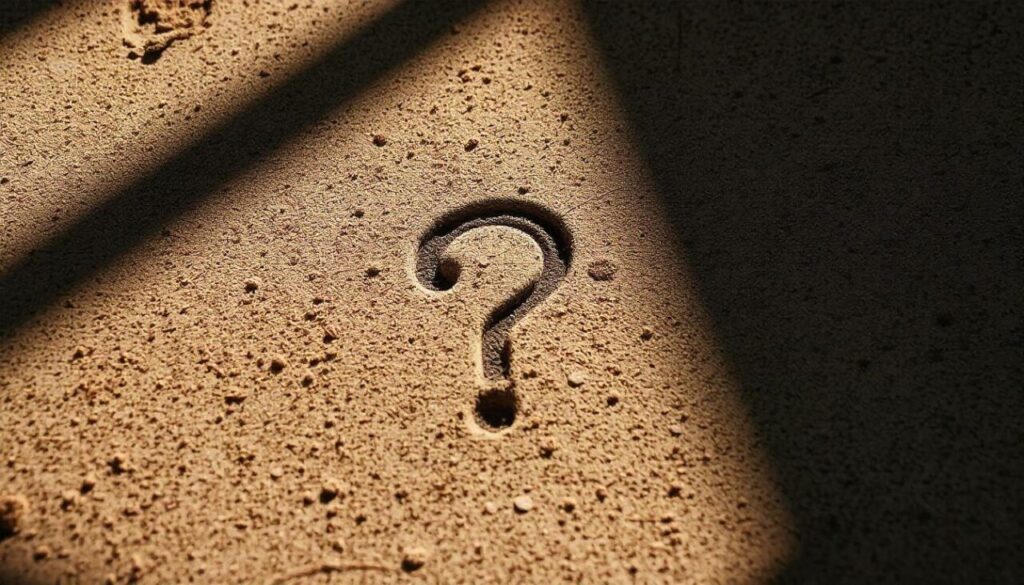
Did consciousness come before life?
Well, unfortunately, we still don’t have a definitive answer. The more we learn about consciousness, the more mysterious and complex it becomes. It touches on everything from the origins of the universe to the workings of the human brain.
Whether consciousness is a cosmic phenomenon, a byproduct of life, or something else entirely, perhaps we’ll never know.
Perhaps we’re not meant to find out!
If, for example, we were to discover the definitive answer to this big question, we might gain the ability to control consciousness on a grand scale.
And as we all know, when human beings can control something, they will.
And often, not for a good cause.



























